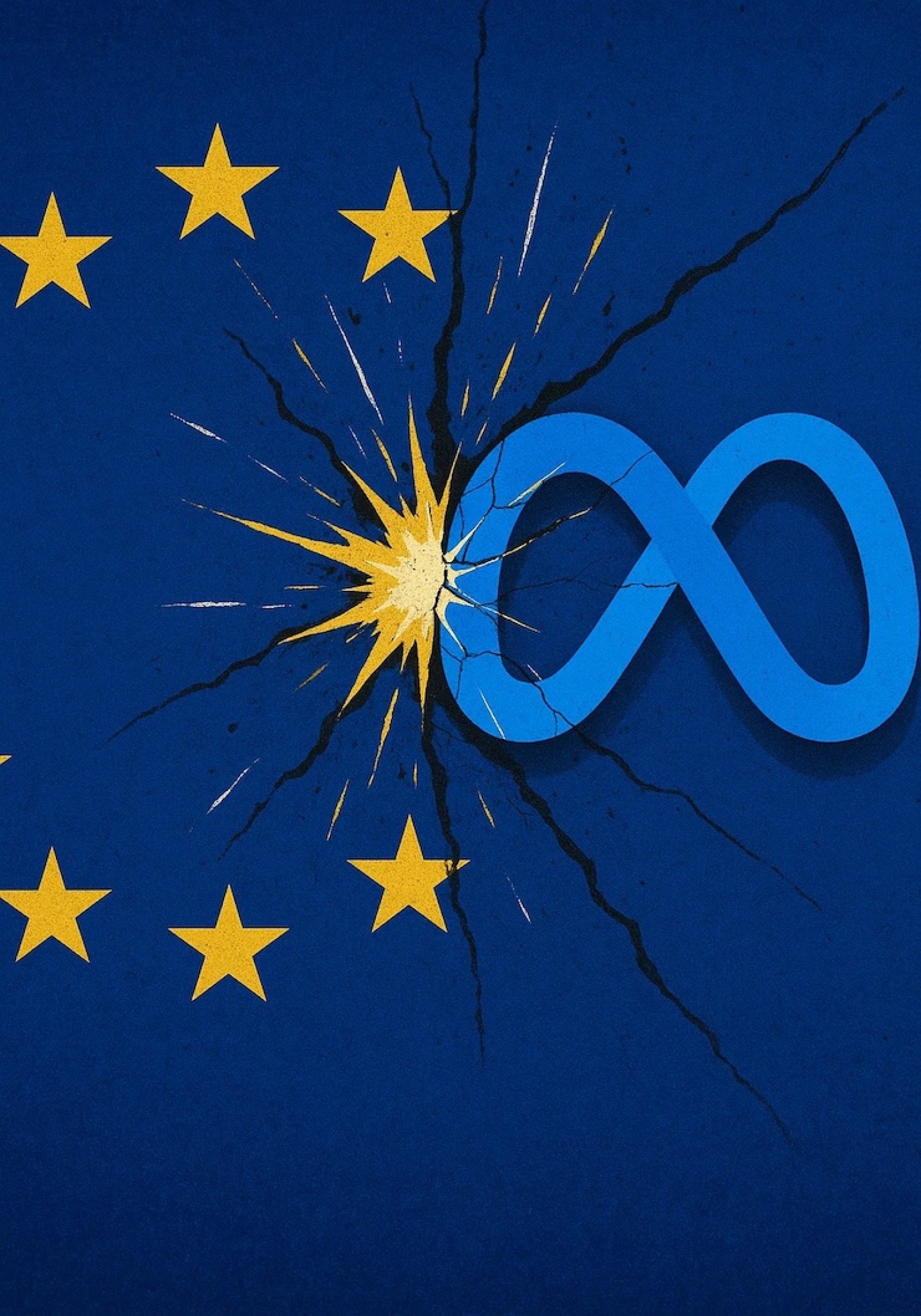Published in advance of the General Purpose AI Regulation (or AI Act), which came into force on August 2, 2025, the European Union's "General Purpose AI Code of Practice" does not seem to please everyone, including the American giant Meta, which refuses to sign it.
The floor is given to Joel Kaplan, Meta's Director of Public Affairs££££
"We have carefully reviewed the European Commission's Code of Conduct for General Purpose AI Models and Meta will not be signing it," said Joel Kaplan, Meta's Director of Public Affairs, in a statement on LinkedIn. This code introduces a number of legal uncertainties for model developers, as well as measures that go well beyond the scope of the AI Act. While OpenAI has already announced its intention to sign the code, others will not, Kaplan adds: Earlier this month, more than 40 of Europe's largest companies signed a letter calling on the Commission to "pause the process" of implementation. We share the concerns expressed by these companies that this overregulation will hamper the development and deployment of cutting-edge AI models in Europe, and hamper European companies wishing to build their businesses on these technologies."
The floor to the European Commission££££
While this code does not introduce legal obligations, the EU explains that "signatories to the code will have their administrative burden reduced and will benefit from increased legal certainty compared to providers who demonstrate their compliance with the regulations by other means." The AI Act requires general AI providers (like Meta) to be transparent about the training and security risks of their models. If they do not comply with the legislation, they could be fined up to 7% of their annual turnover.
